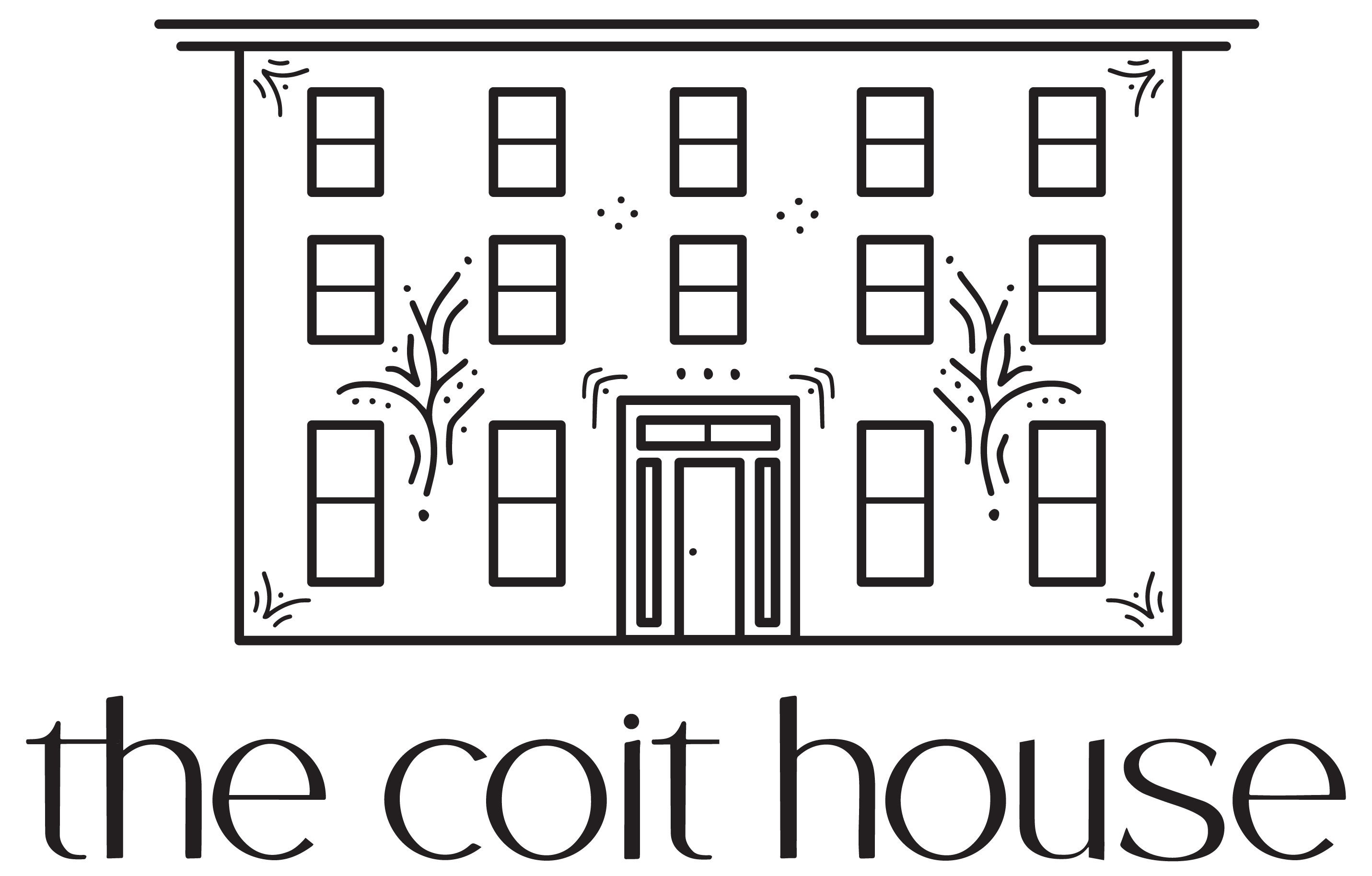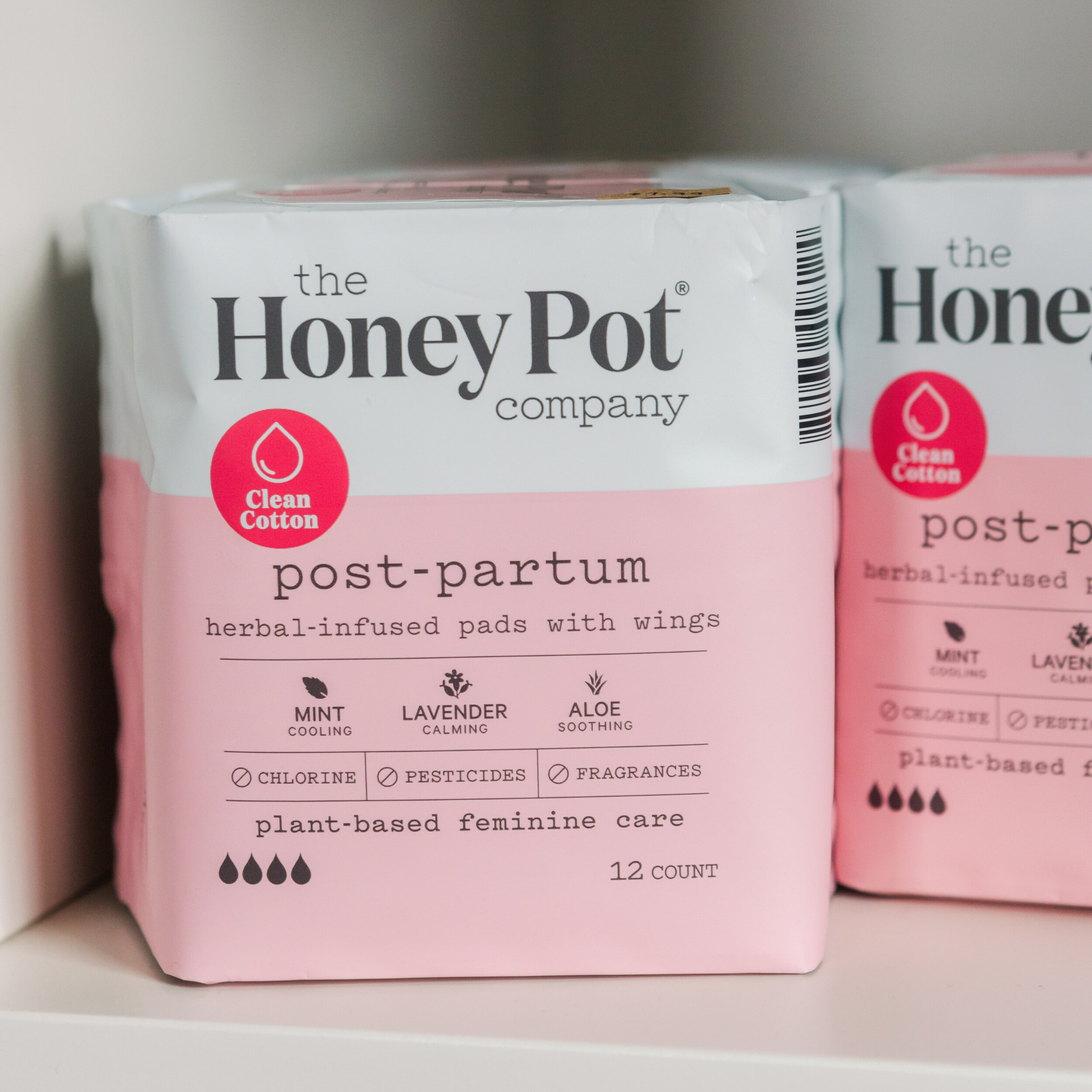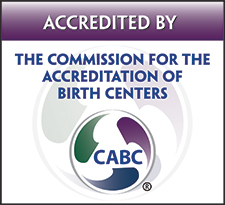American culture has largely ignored the importance of the mother’s recovery from childbirth. In fact, the physical and emotional healing from birth, the adjustment to new motherhood (no matter how many babies have been born before!), establishment of breastfeeding, and bonding with the newborn are a critical time. In other cultures, the first forty days after birth are a time in which mothers are pampered, nourished, and cared for by other women in the community. Aside from enlisting help from your social support network, here’s a few things you can do to have your best postpartum recovery.
1. A week in bed, then a week by the bed.
Your body needs to recover from the physical stress of childbirth–vaginal lacerations, sore muscles from pushing, the wound leftover on your uterus from the placenta detaching. Taking it easy will aid you body’s ability to heal. Furthermore, breastfeeding and bonding with your baby can be exhausting–there’s no better way to do it than snuggled up in bed. Use your bleeding as a guide to your activity–if bleeding subsides then picks up, it might be a sign you’re overdoing it.
2. Listen to your baby’s birth story.
Remember, your baby experienced birth too! Be sure to take some time to bond with them over what you accomplished together.
3. Ignore the clock.
Your baby didn’t read the book that says they’re supposed to nurse for 20 minutes on each breast every 2-3 hours. Breastfeed on demand! You should feel like all you do is nurse, it’s normal!
4. Consider a postpartum doula.
A postpartum doula supports the entire family through the postpartum period. From listening to the birth story, to holding the baby so that the mother can sleep, to helping with breastfeeding, to meal prep (and more), postpartum doulas do it all.
5. Take a bath with your baby.
There’s no better way to bond with your baby, particularly after a difficult birth experience or a long day, than a warm herbal bath. You can make your own herbal mix or buy the Earth Mama Angel Baby Sitz Bath.
6. Support your healing with natural, toxin-free products.
Consider investing in cloth pads (Girly Pads is local!) or other natural options like Honey Pot Pads (can be sprayed for extra soothing power) or Natracare Maternity Pads.
Bee Maternal Organics (also local!) makes a great line of post-baby products, including an herbal spritz for sore bottoms and nipple cream.
You might also find Young Living’s Claraderm (pricey but I can personally attest to it being my absolute favorite for a very raw and sore labial laceration) and Rose Ointment to be supportive of your bottom (and maybe your baby’s too!)
7. Be prepared for engorgement and sore nipples.
Most women can expect some degree of engorgement and sore nipples. Even if the skin on the nipple isn’t broken or blistered, it will likely feel bruised from all of the action your baby is bringing! Warm or cold compresses can soothe sore breasts, and using the Haakaa while you nurse on the opposite side might help to relieve engorgement without overstimulating your milk supply.
8. Plan your postpartum meals.
Stock up on freezer meals before giving birth or ask a family member or friend to start a meal train. The book The First Forty Days contains lots of nourishing postpartum recipes interspersed with advice about postpartum recovery and the “fourth trimester.” If you’re really looking for an exclusive experience, invest in a professional postpartum meal prep service with Ebb and Flow Birth & Wellness–I can personally attest to how nourishing and delicious her cooking was!
9. Understand the difference between baby blues and postpartum depression and anxiety.
80% of women experiencing the baby blues–feeling sad, overwhelmed, or even just tearfully joyful, in the first couple weeks after birth. If these feelings continue longer than a few weeks or become more severe, such that you feel like you are having trouble coping or caring for yourself or your baby, you may have postpartum depression. Postpartum anxiety can present as feeling worried but may also present as a short-temper or anger. Many women experience strange invasive thoughts in the early postpartum period (for instance, picturing themselves dropping their baby while going down the stairs). These thoughts are likely normal but if they have not dissipated by six weeks, postpartum anxiety might be suspect.
10. Count every day.
As hard as the postpartum period is, try to savor every day. You don’t get the time with your tiny baby back!
You can find many of the items mentioned above for sale in our office, with more coming soon:
-
Earth Mama Angel Baby Sitz Bath and Herbal Sitz Spray
-
Honey Pot Pads
-
Natracare Pads
